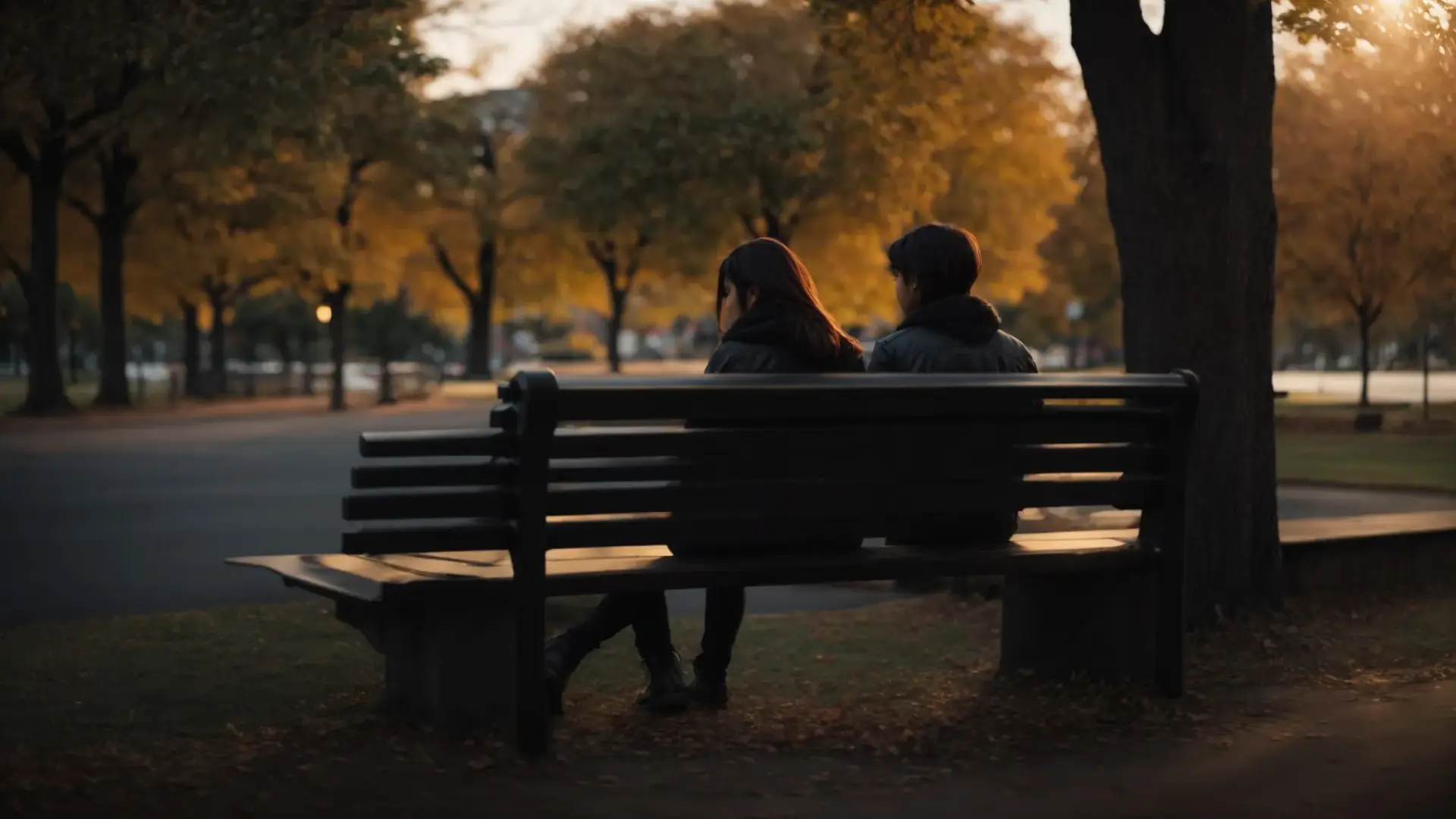With wars in the Middle East, natural disasters, terrorist attacks, and other events, Posttraumatic Stress Disorder (PTSD) comes up in more conversations and new
s articles these days. Despite more people paying more attention to this mental health disorder, misconceptions about its nature prevail. Some of the most common myths:
PTSD Makes You Rage
The old “You’re going ‘Rambo’ on us” stereotype persists even though many people, whether they realize it or not, knows somebody with PTSD, and that person does not have a rage or violence problem. In many cases, the primary symptoms of PTSD is anxiety, causing the sufferer to feel extremely anxious or even to panic in what most people might consider “normal” situations. For example, if a car backfires noisily nearby, the sufferer may instinctively react as if it is “gunfire.”
This is not to say that the PTSD-afflicted person is always a calm and rational person. In fact, one symptom can be extreme irritability for no obvious reason! And while some sufferers may indeed lash out in anger, this isn’t common, and is certainly not the default.
PTSD Affects Only Combat Veterans
Anybody who experiences a traumatizing event can develop PTSD. Victims of assault, natural disasters, and other horrifying experiences are only a few kinds of susceptible people. First responders, too, can suffer from the disorder, as can victims of child abuse or neglect. As for the military: non-combat troops can experience PTSD, just like their “battle-hardened” compatriots can.
PTSD Is Impossible to Fix
While there is no one-size-fits-all “cure” for this disorder, therapy and, sometimes, medication, can help. People who go through treatment often report significant improvements, especially in how they respond to anxiety-inducing events or situations. For example, someone who could not previously attend sporting events because of the large crowds and noises might eventually find that they could go back to their favorite venues again.
PTSD Happens Only to Weak People
This simply isn’t true. PTSD is how a traumatized person’s brain reconfigures itself for survival. A person who gets through traumatizing events, even if he or she is not the same afterward, is still a survivor, not a weak-minded or weak-willed individual.
Posttraumatic Stress Disorder can happen to anybody. By demystifying the disorder and its sufferers, people can better understand what’s actually happening, and can respond in compassionate and helpful ways.



